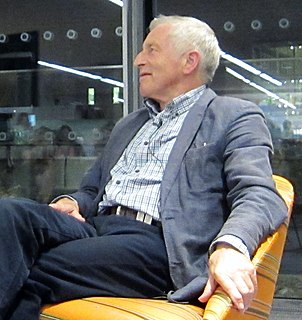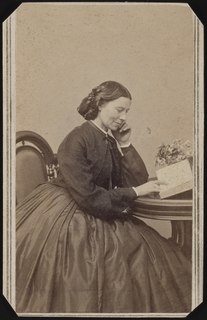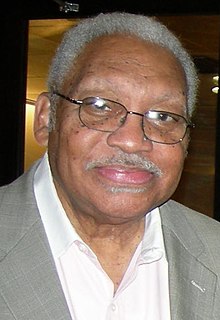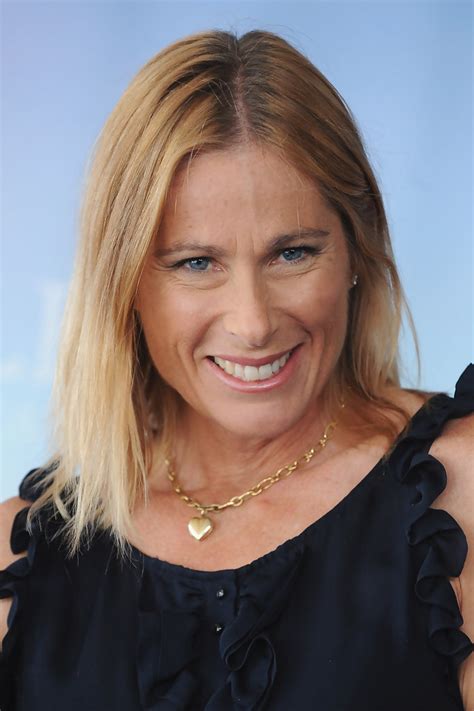A Quote by Terry Teachout
I had a checklist in my mind of the things that make a biography practical. Is the source material centralized? Is it easy to find? Are there new primary sources that no one has ever had access to? Are all the sources in English? If they're not, are they in a language that you speak? And I realized that not only is Armstrong the most important figure of Jazz in the 20th Century, but he's a perfect subject for a biography for all of these reasons. I had always loved his music and I had been fascinated in him as a personality. And that's really the key to writing a biography.
Quote Topics
Access
Always
Armstrong
Been
Biography
Centralized
Century
Easy
English
Ever
Fascinated
Figure
Find
Had
Him
His
I Realized
Important
Jazz
Key
Language
Loved
Make
Material
Mind
Most
Music
New
Only
Perfect
Personality
Practical
Primary
Primary Source
Realized
Really
Reasons
Source
Sources
Speak
Subject
The Most Important
Things
Writing
Related Quotes
Biography always has fulfiled this role. Robinson Crusoe is a biography, as is Tom Jones. You can go through the whole range of the novel, and you will find it is biography. The only difference between one example and the other is that sometimes it's a partial biography and sometimes it's a total biography. Clarissa, for example, is a partial biography of Clarissa and a partial biography of Lovelace. In other words, it doesn't follow Lovelace from when he is in the cradle, though it takes him to the grave.
I have always hated biography, and more especially, autobiography. If biography, the writer invariably finds it necessary to plaster the subject with praises, flattery and adulation and to invest him with all the Christian graces. If autobiography, the same plan is followed, but the writer apologizes for it.
In the 20th century, we had a century where at the beginning of the century, most of the world was agricultural and industry was very primitive. At the end of that century, we had men in orbit, we had been to the moon, we had people with cell phones and colour televisions and the Internet and amazing medical technology of all kinds.
Digging up new information and speculating on it isn't your primary purpose when you're writing a biography intended for young readers, unless you ?nd compelling evidence that departs from the accepted wisdom. A biography for young people calls for the demanding art of distillation, the art of storytelling, and your responsibility is to stick as closely as possible to the documented record.
Producer Ed Pressman had a book about Diane Arbus - it's the only biography that exists - and there had been many Diane Arbus scripts. Many. I don't even know how many over the years. And it's sort of a cursed project, for lots of reasons. There's probably some pile somewhere of all these weird attempts, all these portraitures that can't get made.
I wanted to make a film that wasn't just a biography. When you watched it, you actually felt that you watched a movie, that you had an emotional reaction. In order to do that, I felt that I had to really keep myself emotionally raw while working on the film. I had to feel myself crying, so the audience could be moved, too.
It would perhaps not be amiss to point out that he had always tried to be a good dog. He had tried to do all the things his MAN and his WOMAN, and most of all his BOY, had asked or expected of him. He would have died for them, if that had been required. He had never wanted to kill anybody. He had been struck by something, possibly destiny, or fate, or only a degenerative nerve disease called rabies. Free will was not a factor.




































